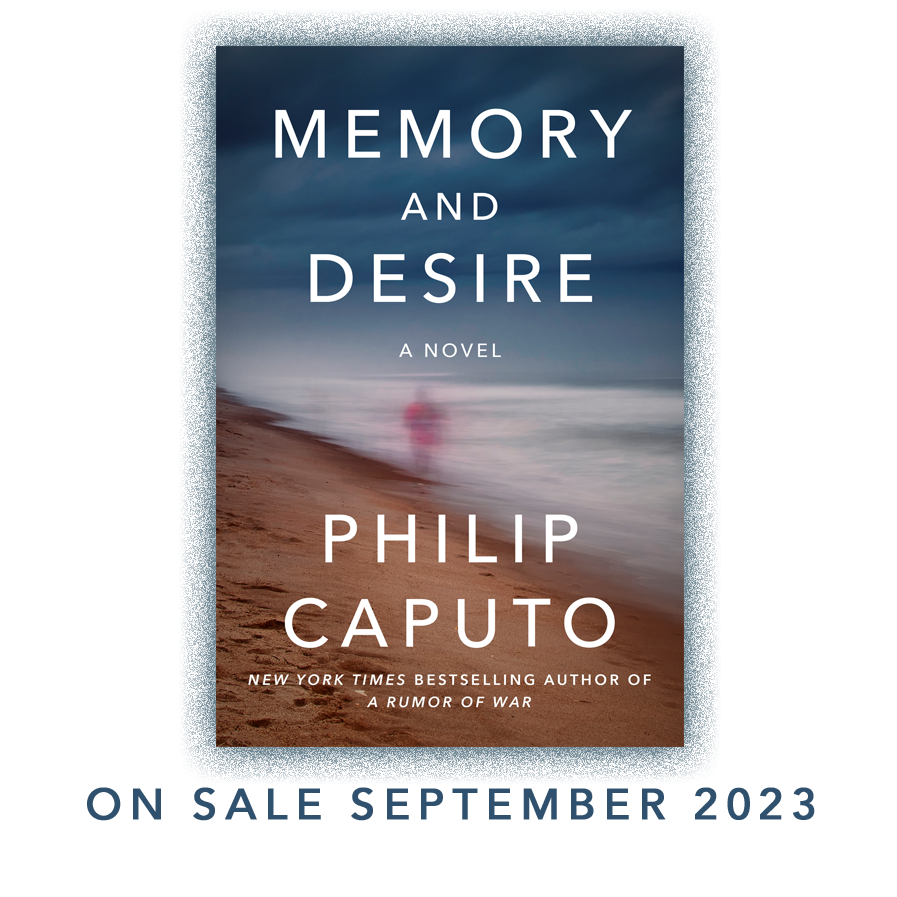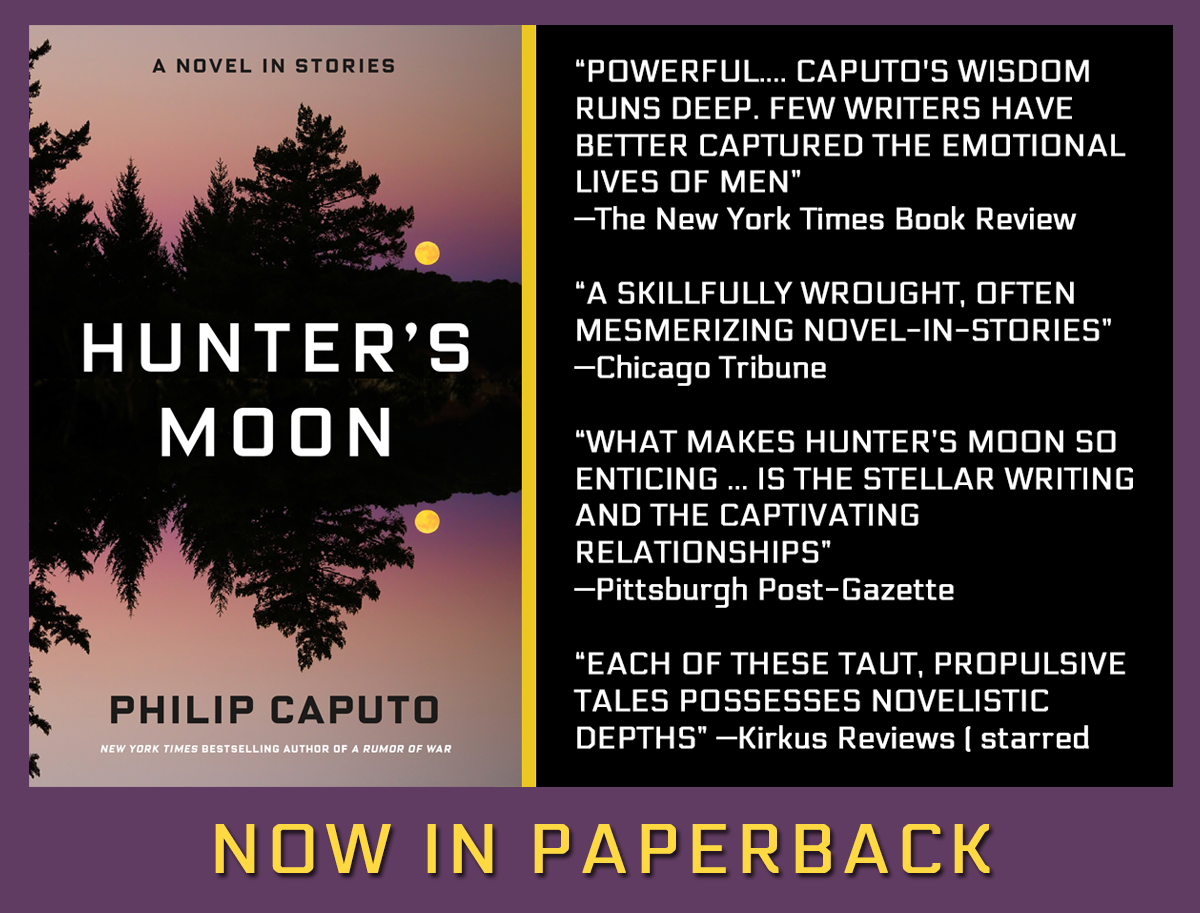THE GLORY
The Falcon 9 rocket rose with agonizing slowness from its launchpad at Cape Canaveral, then rapidly gained speed — cleaving the air like a giant spear trailing a pillar of flame. Within minutes, with two astronauts on board, it hurtled through the last traces of the upper atmosphere into empty space at close to 17,000 miles per hour; minutes later it was in orbit, soaring toward a rendezvous with the International Space Station. This was first launch of a manned, American-built rocket from American soil in 11 years, and the inaugural flight of a new era in space travel and exploration. Sitting in my leather arm chair, my laptop where it was designed to be — on my lap — I watched the mission live-streamed on NASA TV this past Saturday and thought of lines from High Flight, a poem by John MaGee Jr., a Royal Canadian Air Force pilot in World War Two: “Oh! I have slipped the surly bonds of Earth/And danced the skies on laughter-silvered wings.” The surly bonds of Earth are the key words. Like millions of other people in a country wracked by racism, arson and looting, afflicted by a virus that has taken 100,000 lives in three months, and suffering the worst economic disaster since the Great Depression, my spirits needed a lift. The Falcon 9 provided it.
My memory traveled back 50 years, 10 months, and 12 days to July 20, 1969, another turbulent year in American history — the SDS Weatherman riots in Chicago’s Grant Park, the Vietnam War raging on into its fourth year. An atmosphere of dread hung over the nation, a feeling that had been growing since the previous, even more turbulent year that American society was fracturing. “A broken mirror still in its frame,” was how a friend had described it. I was visiting with my parents and my paternal grandmother, Rose, to watch the Apollo 11 astronauts Neil Armstrong, Buzz Aldrin, and Michael Collins land on the moon. Aside from the event itself, my most vivid recollection is of my grandmother, at 75 three years younger than I am now. Born in Chicago in 1894, she had memories of a time before automobiles, radio, television, and electricity. When she uttered her first cries, the Wright Brothers’ flight was almost a decade away. Now, she beheld, beamed across 250,000 miles of outer space, a live image of Armstrong planting the first human footprint on another world. She looked beyond astonished. “I can’t believe it,” she said. “I can’t believe I’m seeing this.”
THE SHAME
There are things happening in our society, fragmenting yet again, that I can believe but don’t wish to. I don’t wish to believe that 30,000 more Americans have died in the pandemic than were killed in the Korean and Vietnam Wars combined; I don’t wish to believe that half a century after the civil rights movement achieved so much, people of color, African-Americans in particular, remain victims of poverty, discrimination, and police brutality; I don’t wish to believe the scenes I’ve watched of their justified protests being hijacked by looters, arsonists, and extremists lusting for violence and destruction. Tear gas, rubber bullets, broken glass, shops and cars aflame, chanting crowds confronted by helmeted police and National Guardsmen in gas masks — all this also evokes memories. Memories of a different kind. It looks and feels like 1968, when I was reporter covering the Democratic convention riots in the summer of that year, or when fire and smoke engulfed American cities in the spring, following the assassination of Martin Luther King. Entire blocks on the west side of of my hometown, Chicago, were gutted; I had to rescue my sister from her apartment and drive her to safety in our parents’ house in the suburbs.
The song by Credence Clearwater Revival, “Bad Moon Rising,” was appropriate theme music for that time. Don’t go out tonight, it’s bound to take your life, there’s a bad moon on the rise. To quote that venerable poet, Yogi Berra, “It’s deja vu all over again.” Well, not quite. We did not have, in 1968, a plague like the Covid19 virus; we did not have economic calamity; we did not have a President who liked to throw matches into the fuel spill of racial, class, and political divisions.
And yet, I take heart that the glory will overcome the shame. That Falcon 9 rocket gave me hope, reinforced my faith in this grand experiment we call the United States, a faith, which I pray is not illusory, that our present disunity will be healed if we only recall Benjamin Franklin’s words, spoken as the colonies declared their independence from the British crown: “We must all hang together, or, most assuredly, we shall hang separately.”



As you pointed out and concluded in The Longest Road, hope and faith is what fuels our tomorrows. I will never accept anarchy in our culture and this current national upheaval clearly shows that we have made some very poor choices in our civic leadership. We must amend this now. That is my urgent hope for our country and people. ALL LIVES MATTER! Let us fix this society of ours for those who are here, and those yet to come. That is our responsibility, and, will become our lagacy.
A really well put commentary on life in the world right now. As a white, blonde haired male in Ireland, we have only integrated as a race with non-white people who came to our shores about 30 years ago. We witness racism in Ireland as other white orientated countries do. But why? – is it inherent in us? Is it our feeling of superiority? Hopefully, whatever it is can be fixed and eradicated. How can we do this? This debate has been going on for about 150 years. The real breakthrough in the USA came over 50 years ago with the Civil Rights Movement. But why has 50 years not created genuine equality between black and white people in the USA. You have wonderful black actors, black business people, black musicians, black sports stars. For Heaven’s sake you had a black President!! What is needed to stop this racist disease?
I can only opine that it could be eradicated with the passing of each generation. However, this needs our generation to insist to our children that racism is just wrong. They in turn will educate their children, our grandchildren that racism is wrong, period. Voting for our leaders and their ability to lead should be at the forefront of our moving forward.
Why has this event as opposed to other race related crimes and murders gained such momentum throughout the world? in my humble view it is because as our humanity is battling Covid-19, battling to stay alive and battling to keep our families and friends alive, for a fellow human being’s life being snuffed out by a person who is supposed to keep us safe, is the spark which has ignited humanity as we know it.
Let this horrendous, needless loss of life be the first step in saying ‘enough is enough’.
Your leader threatens sending in the military to stop the protests against the environment that has been allowed spread over the past number of years.
Every time in recent decades when the United States military was sent in to ‘sort things out’, history has shown the horrendous outcome.
Let us join together to defeat the real threat to mankind, Covid-19. Let us stop killing mankind by random acts of unforgiveable brutality by ourselves
George Floyd et al. RIP.
Thank you for your good writing, your great contribution to clarity of reflection, and for your reason to hope that we are a better country than this.
Philip tears are in my eyes ! Ty for uplifting my spirits when they needed uplifting ty